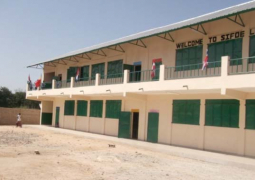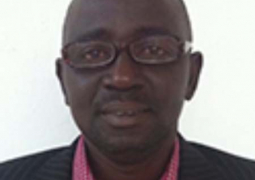In his launching statement, Ebrima Ceesay, Executive Director CAID, said according to new research almost a billion extra people face a life of extreme poverty, if leaders fail to take key decisions on poverty, inequality and climate change due to be taken at two crucial summits in New York and Paris later this year, with billions continuing to face a life of hardship.
Mr Ceesay added that the new calculation released by the action/2015 coalition shows that, even using conservative scenarios, the number of people living in extreme poverty - on less than $1. 25 a day - could be reduced dramatically from over a billion to 360 million by 2030.
Based on work by the University of Denver, in the year 2030, about percent of the global population would live in extreme poverty, compared to 17 percent today, he said.
Estimates of other researchers, looking at a longer list of variables, show that the eradication of extreme poverty is achieved for the first time in history, a key objective of the campaign, said Mr Ceesay.
Director Ceesay informed the gathering, however, that if leaders fail to deliver and build on the growing momentum for ambitious deals at the UN Special Summit on Sustainable Development in September 2015,and the UN Climate talks in Paris in December 2015, and scale back their efforts, the number of people living in extreme poverty could actually increase to 1.2 billion by 2030.
According to Mr Ceesay, this increase would be the first generation since 1993, and almost a billion higher (886 million), adding that if resolute actions were not taken under this scenario, 1 in 3 of the world’s population would live under $2 a day.
Fatou Jeng, Children Advocacy Network (CAN), said CAN is a platform that brings children together to learn, share and promote solidarity, or overcome any form of barrier for the integration of children in The Gambia.
The network works under the auspices of the Children and Community Initiative for Development (CAID), and serves as an advocacy branch, with the aim of actively involving and engaging children in the work of CAID.



